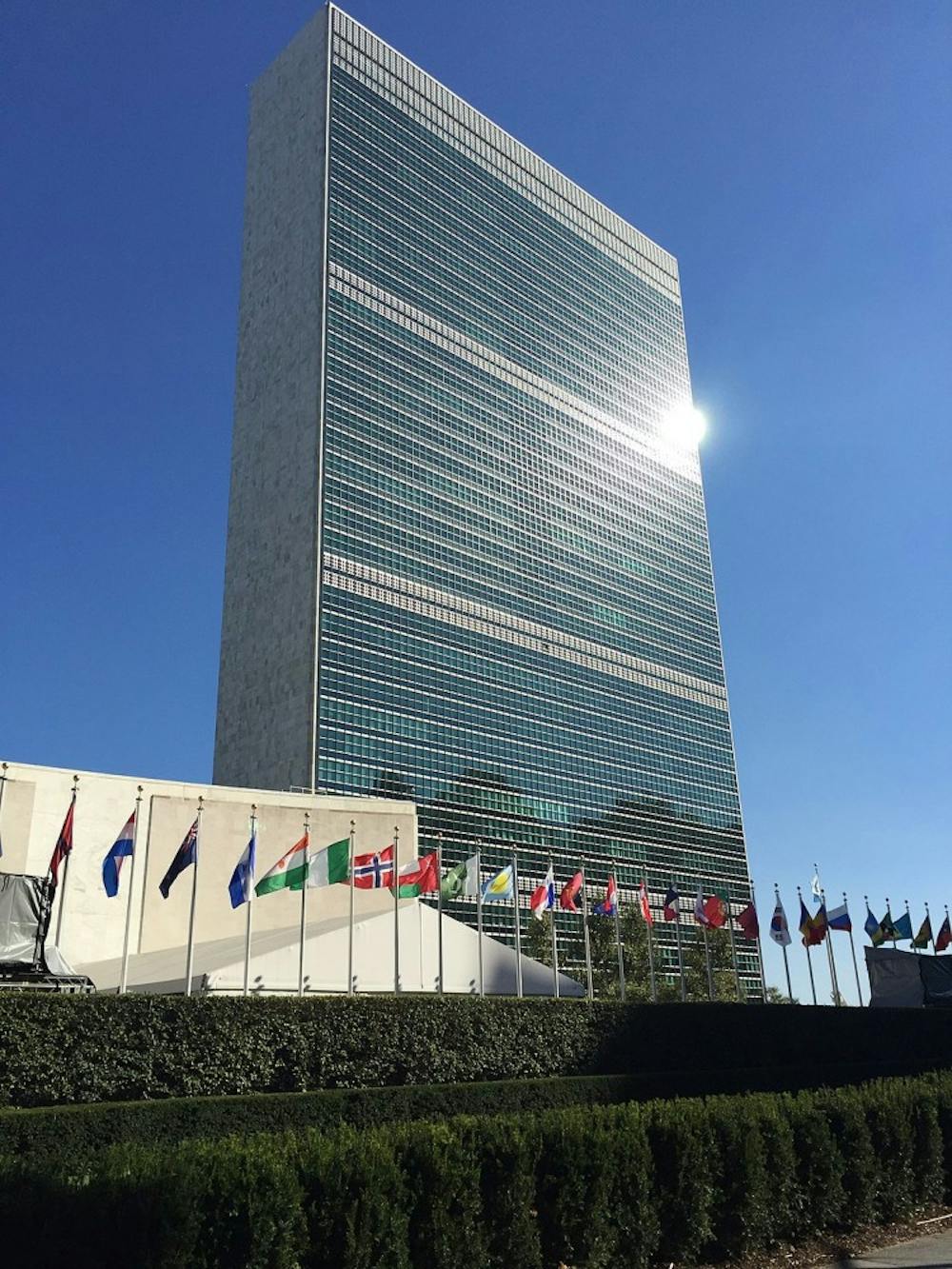In late June, thousands from across the Midwest congregated in Chicago to demonstrate their support for legal rights, recognition and cultural heritage of LGBT communities in the city’s annual Pride Parade. The event, which typically emphasizes inclusion regardless of ethnic or religious background, left Laurel Grauer feeling discriminated against after being removed from the parade for carrying a rainbow flag adorning the Jewish Star of David. Organizers of the program, justifying her removal, claimed that the flag was deemed unacceptable due to its association with the State of Israel.
Unfortunately, this incident signals a trend of increasing anti-Semitism masquerading under the guise of anti-Zionism in the United States and abroad. Although not every rejection of the Zionist movement stems from racially-motivated sentiments, the lack of adequate justification for much of the anti-Zionist movement and an active unwillingness to dissect the complexities of the Israeli-Palestinian conflict reflect a malignant underlying reason for opposition to the Jewish state.
Perhaps one of the worst perpetrators of anti-Zionist bias is the United Nations. The international organization has dealt disproportional criticism to Israel in relation to other, arguably far-more-guilty member nations. In its 2015 session, the U.N. passed a whopping total of 20 resolutions condemning Israel, while only passing 3 condemning resolutions against other member nations. In June, U.S. Ambassadors threatened to pull out of the U.N. Human Rights Council for its consistent discrimination against Israel. The 78 resolutions and decisions passed against Israel dwarf the 29 passed against the next biggest offender, Syria. Meanwhile, Russia, China and Saudi Arabia have faced no condemnations at all.
In the words of Israeli Prime Minister Benjamin Netanyahu, Israel is a country where “women fly fighter jets, lead major corporations, head universities, preside over the Supreme Court, and have served as Speaker of the Knesset and as Prime Minister.” Contrast these conditions to Saudi Arabia’s, where women are not only denied their autonomy, but also (quite literally) enslaved into arranged marriages.
Local leaders of surrounding Middle Eastern nations are even more blatant than the U.N. in their opposition to Israel, often employing anti-Jewish rhetoric and propaganda. In 2015, Palestinian President Mahmoud Abbas encouraged his citizens to take up arms against Israeli civilians, stating “we welcome every drop of blood spilled in Jerusalem.” Former Egyptian political leader Mohammed Mahdi Akef, along with several Palestinian and Iranian leaders, denied the historical reality of the Holocaust.
Alarmingly, Americans are not immune to anti-Jewish sentiment in the form of anti-Zionism. At UC Berkeley’s Students of Color Conference, two Jewish students saw their religious and ethnic identity attacked. In a session titled “Existence is Resistance,” speakers supported violence against Israeli civilians and denied the role that the Holocaust played in the Zionist movement. UCLA student Mokhtarzadeh claimed that the views expressed reached beyond a reasoned opposition to the State of Israel: “it wasn’t that they don’t like us because we’re pro-Israel — they don’t like us because we’re Jews.” Even in the United States, which has shown longstanding support for Israel, anti-Zionism and anti-Semitism are often indistinguishable.
On July 16, on the 75th anniversary of the Vel d’Hiv Roundup, which saw the deportation of over 13,000 of Parisian Jews, French President Emmanuel Macron declared: “We will never surrender to the messages of hate; we will not surrender to anti-Zionism because it is a reinvention of anti-Semitism.” The denial of Israel’s history, use of anti-Jewish rhetoric and unprecedented discrimination against the Jewish state on the global stage all point to the truth behind Macron’s statement.
Charlotte Lawson is an Opinion columnist for The Cavalier Daily. She can be reached at opinion@cavalierdaily.com







